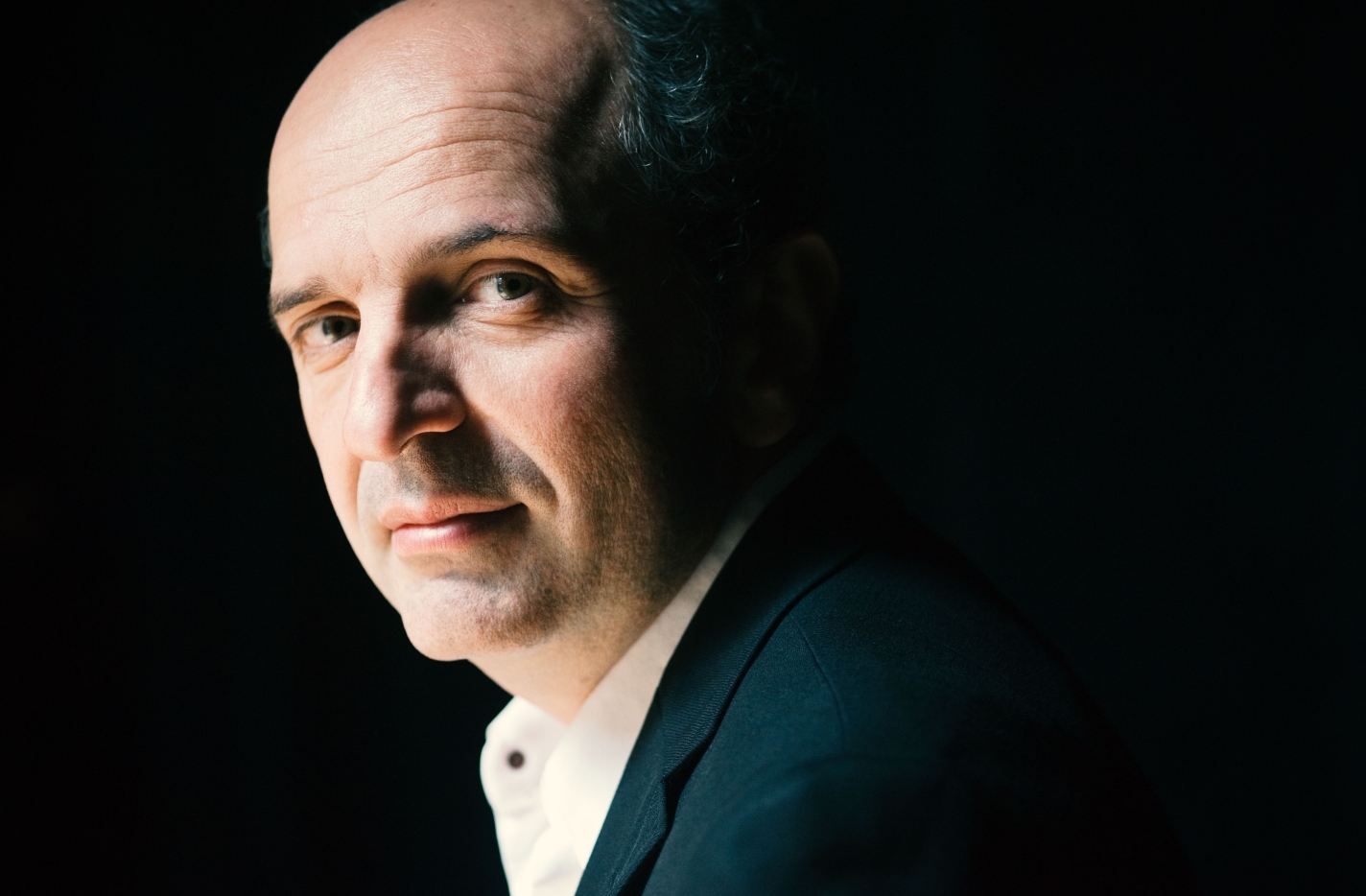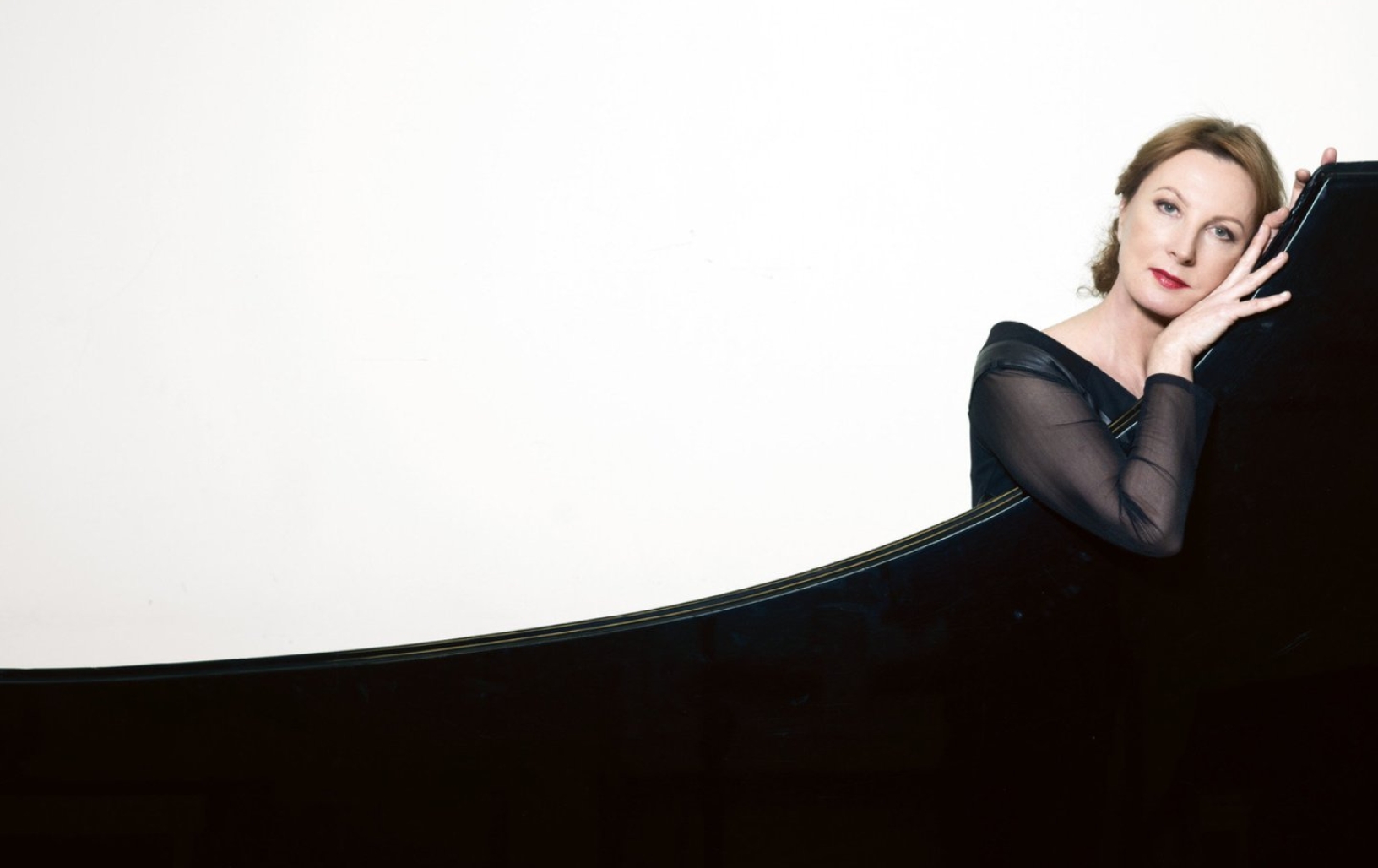Paris and Satie. Denis Pascal on Stage
Performers
DENIS PASCAL (piano, France)
Programme
ERIK SATIE –
Composition for piano Embryons desséchés (Desiccated embryos)
Son Binocle (His Spectacles) from the piano suite Les Trois Valses distinguées du précieux dégoûté (The Three Distinguished Waltzes of a Jaded Dandy)
Set of piano pieces Véritables préludes flasques (pour un chien) (True Flabby Preludes (for a Dog))
Trois Gymnopédies for piano
La Vocation (Vocation) from incidental music to Joséphin Péladan’s drama Le Fils des étoiles (The Son of the Stars)
CLAUDE DEBUSSY –
Suite for piano Images II, L. 111: No. 1 in B major Cloches à travers les feuilles (Bells Through the Leaves), No. 2 in E minor Et la lune descend sur le temple qui fut (And the Moon Descends on the Temple that was), No. 3 in F sharp major Poissons d’or (Golden Fish)
FRYDERYK CHOPIN – Nocturne No. 3 in G minor, Op. 15
ERIK SATIE – Gnossienne No. 4
FRYDERYC CHOPIN – Polonaise-Fantaisie in A flat major, Op. 61; Barcarolle in F sharp major, Op. 60
ERIK SATIE – Gnossienne No. 1 from Trois Gnossiennes
FRYDERYK CHOPIN – Nocturne No. 2 in D flat major, Op. 27
ERIK SATIE – Gnossienne No. 3 from Trois Gnossiennes
FRYDERYK CHOPIN – Ballade No. 4 in F minor, Op. 52
About
Erik Satie’s life and work were closely linked to Paris – perhaps no other composer’s music captures the spirit of Parisian life at that time so well. The composer loved to spend time in the bohemian cafés of Montmartre, which inspired his most famous compositions. Satie’s eccentric personality and unique musical style, which bordered on both the more moderate impressionism and the later avant-garde, became a symbol of Parisian artistic and intellectual life in the late 19th and early 20th centuries.
Denis Pascal, one of the most original French pianists, vividly conveys French elegance, one of the most important elements of Satie’s music and its interpretations. His intense, measured performing style creates a musical poetry – it is said that Pascal is one of the few who has managed to unravel the mystery of Satie.
Pascal is known for the authenticity of his performances, which retain a historical understanding of the repertoire. A rigorous and consistent ethic of musical interpretation is one of his main values. It is no coincidence that he included works of Claude Debussy and Fryderyk Chopin, which envelope Satie’s compositions, in this Vilnius Piano Festival concert: both composers are also important symbols of the Parisian piano repertoire, contextualising Satie’s work.



